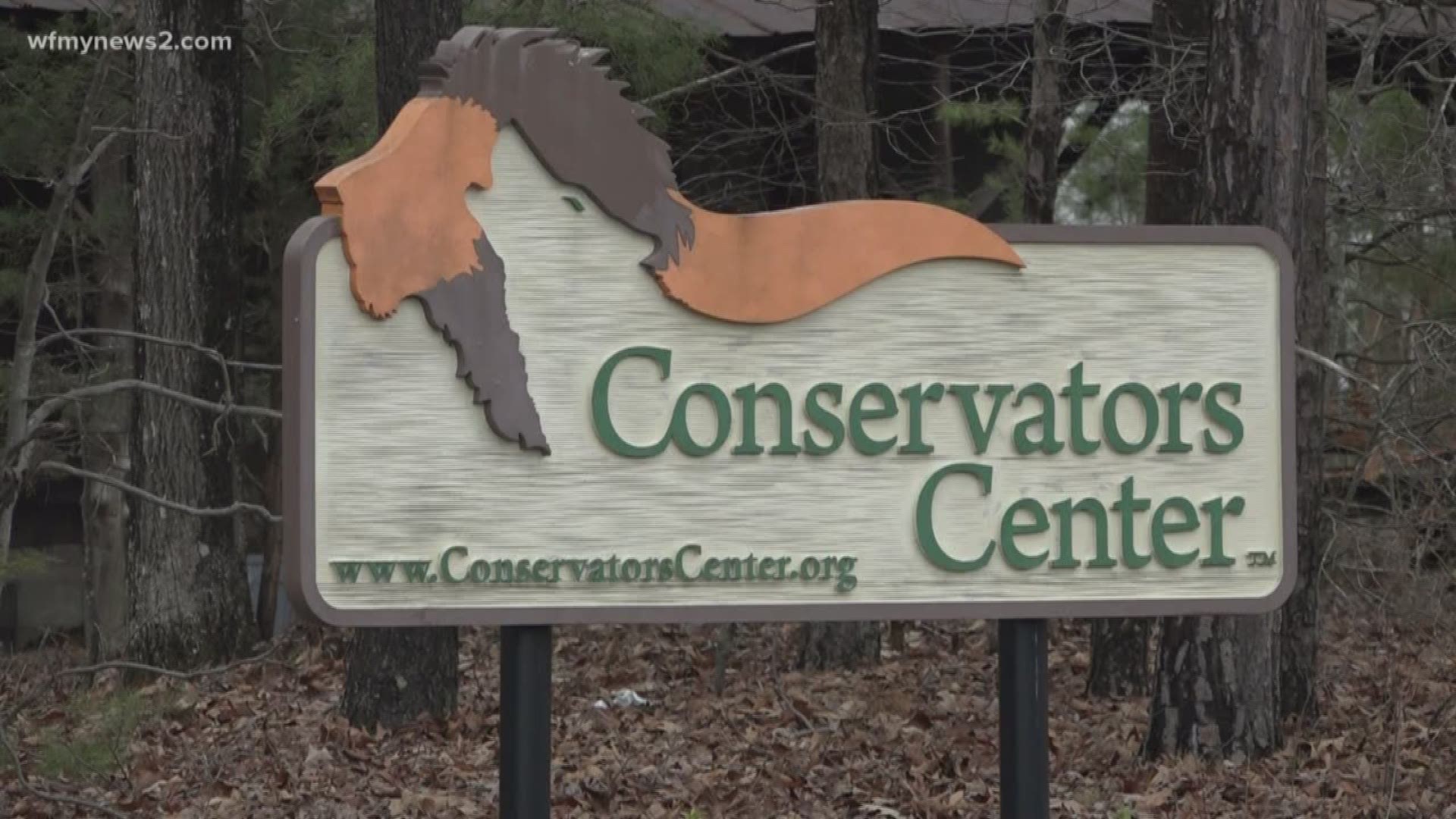The Conservators' Center in Caswell County remains closed to the public Thursday following a deadly lion attack on an intern over the weekend.
We're told 22-year-old Alexandra Black was killed Sunday by a lion while she was working with other staff to clean an enclosure.
The facility is regulated by the USDA, but it's not clear at this time what the agency's role will be in the investigation.
On Wednesday, the Caswell County Sheriff's Office released an incident report that detailed Conservators' Center staff tried to put the lion down with tranquilizer darts, but the lion did not go to sleep. Deputies were advised to use lethal force to kill the lion and fired at him a total of eight times to take him down.
"People think they work like they do in the movies," explains Kathryn Bertok, Assistant Director at Carolina Tiger Rescue in Pittsboro. "You hit them with a dart and they fall asleep and that’s just not really the way that it works. When an animal has a lot of adrenaline going, tranquilizers are a lot harder to have work."
Bertok says the Carolina Tiger Rescue is also USDA regulated like the Conservators' Center. When it comes to inspections, Bertok says the USDA inspector will come randomly.
The inspector will check things like the animal enclosures, the animals' health records, food storage, and also tour fencing, which at the rescue includes different layers to keep the public away from the animals plus safety enclosures.
"There’s nothing mandating that we need to have safety enclosures," Bertok tells. "That’s how we’ve chosen to handle those types of situations."
The USDA is responsible for licensing but doesn't lay down guidelines as to how to set up safety protocols like enclosures.
At the Conservators' Center, it's not clear what their safety setup is, but we know they have some form of enclosures and online the website says people visiting on tours are not able to touch animals.
USDA records from 2017 and 2018 for the Conservators' Center show "No non-complaint items were identified during this inspection."
The North Carolina Department of Labor's Occupational Health & Safety division, or OSH, will also be investigating. An OSH investigator will go to the scene and collect evidence like pictures and talk with witnesses to find out if any health or safety regulations were violated. Their investigations can take anywhere from a few weeks to several months.
"It is incredibly tragic," Bertok says of the whole situation. "It’s something you never want to hear. We do understand that working with inherently dangerous animals that there is an inherent danger to working with them. These are wild animals. It does not matter how long you’ve known them. It does not matter if they were bottle raised. None of that matters. When it comes down to it they still have their very natural instincts."

